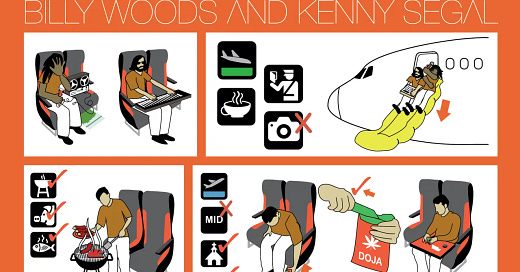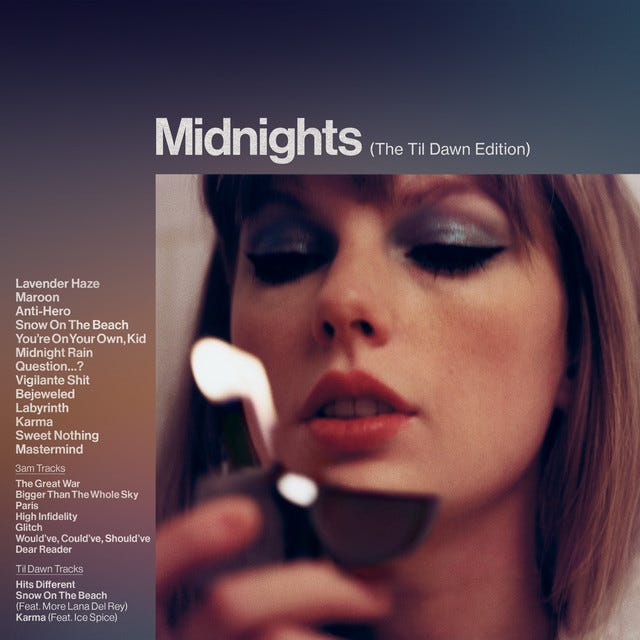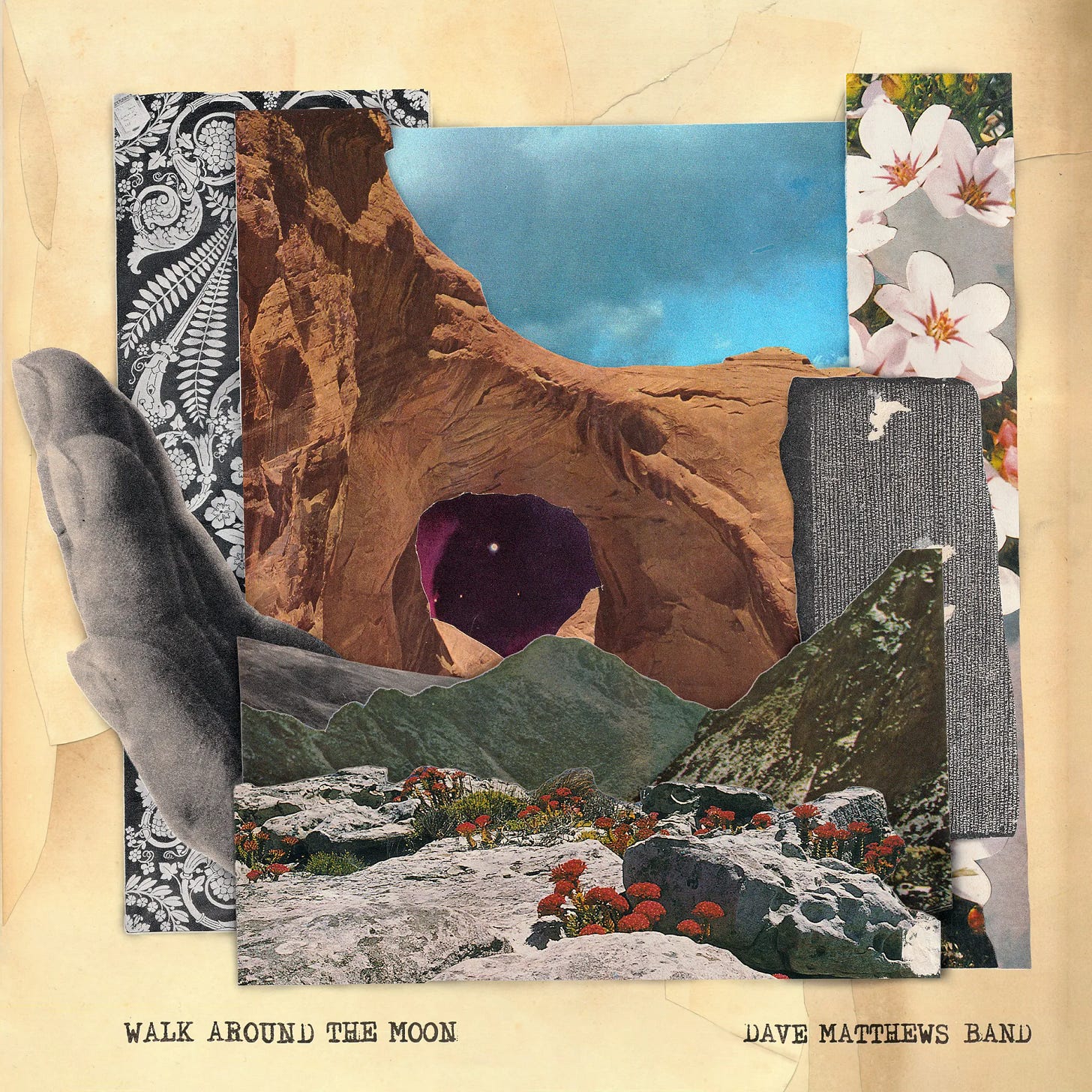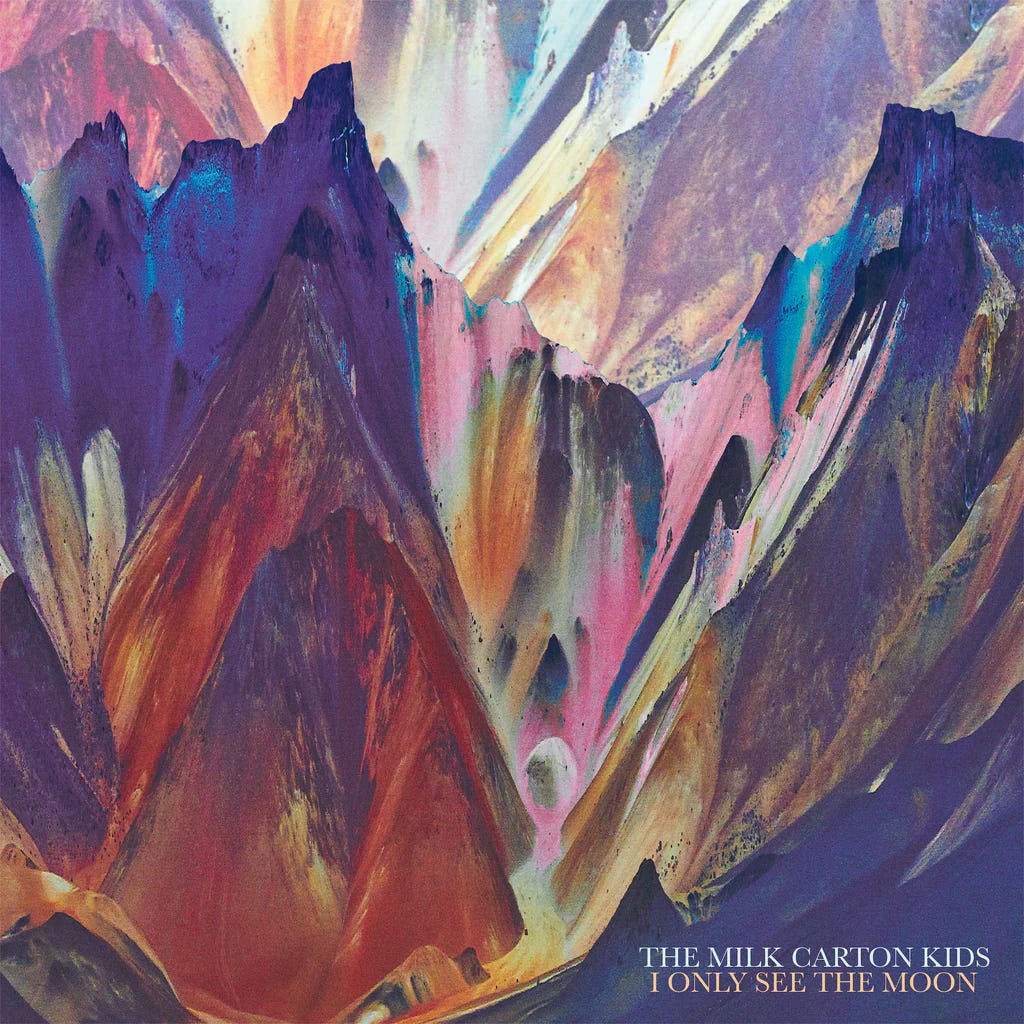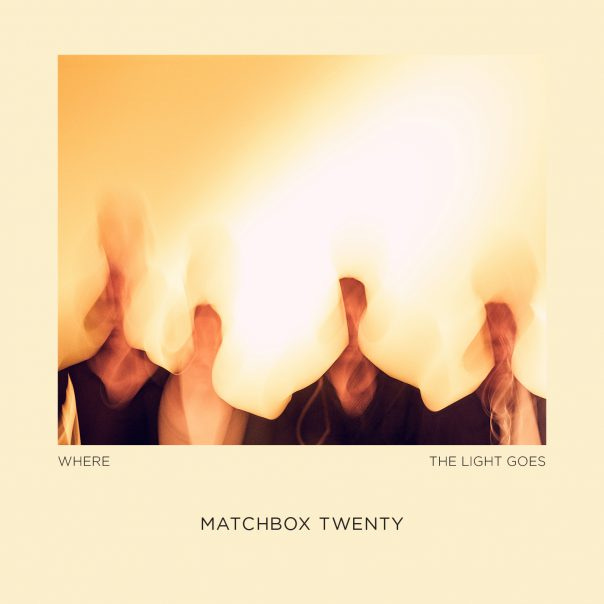Adventures in Listening, June 2, 2023: Midnights & Moonlights
Billy Woods and Kenny Segal make the best hip-hop album of the year. Taylor Swift expands her latest era. Plus: New albums from 90s journeymen Dave Matthews and Matchbox Twenty.
Billy Woods & Kenny Segal - Maps
You’ve spent your whole life playing the role of the born loser, convinced that the deck’s been stacked against you from the start. Then all of a sudden, everything starts breaking your way. That’s the existential conundrum facing rapper Billy Woods on his new album Maps— his 12th overall and his second made exclusively with producer Kenny Segal. After years spent grinding, honing his misanthropy and pessimism into a carefully-wrought persona, Woods has started filling out bigger and bigger venues, his well-worn crankiness becoming an increasingly reliable revenue generator. This success chafes against his cynical outlook, a problem that’s unlikely to resolve itself anytime soon; Maps has been greeted with rapturous reviews. But rather than give optimism a try, Woods spends most of his new record finding new sources of anxiety, waiting for the other shoe to drop, demonstrating an admirable skepticism about the ability of worldly success to truly satisfy. In one perverse affirmation of faith, he reminders himself that, fundamentally, “God’s a hater.” Goodness can’t be trusted; Woods wears his cynicism like a suit of armor.
Maps is loosely structured as a travelogue, a series of check-ins from a working musician gigging from town to town. It’s decidedly not a victory lap— not an award tour, in the parlance of classic hop-hop. The songs are generally short, the writing hardboiled and incisive, Woods’ persona perpetually grumpy. That’s not to say he isn’t funny— on the contrary, Maps is overloaded with surreal humor and sardonic one-liners— but he never lets himself forget that success can be its own prison. On the riotous “Soundcheck,” he spits defiance against the day-to-day inconveniences of touring life. And on the wrenching “Facetime,” he laments the hardship of sustaining a long-distance relationship, mediated by digital technology. Album opener “Kenwood Speakers” finds him returning home for a quick break between gigs, shaking his head at how badly the neighborhood’s been gentrified in the short time he was gone. This is a fully fleshed-out persona, ably supported by the rich environments that Segal creates. There’s no hint of exotica here, no globetrotting glamour; instead, the whole album exists in a state of red-eyed bleariness, the production evocatively jetlagged and bluesy. The chemistry between rapper and producer is undeniable, and it’s tough to recall the last time we got a hip-hop album this specific in its point of view— not the last time we got one more absorbing in its storytelling.
Taylor Swift - Midnights (The Til Dawn Edition)
With a second round of bonus material, Taylor’s Midnights era has swelled to 23 songs and 80 minutes total. Listening to the entire oeuvre, I’m struck by a couple of things. The first is that the album, in its original state, is much better than I initially gave it credit for. Yes, there are a couple of misfires— as there are on pretty much every Taylor album— and yes, I still think she deploys f-bombs carelessly, detracting from her usually-sharp rhyme schemes and precise storytelling. Yet overall, I find this to be an effective absorption of contemporary R&B trends, rhythmically inventive and full of interesting vocal experimentation. The thematic conceit (e.g., all the regrets, resentments, and desires that keep Taylor up at night) provides a built-in license for her writing to get as petty, as self-absorbed, or as moustache-twirling-villainy as she wants it to be. The second thing I’m struck by is that, given how much these bonus drops make the album feel like a playlist-in-progress, the original album is actually sequenced pretty well, feeling structured and narratively coherent in a way that her albums sometimes don’t.
So about the bonus material. The instant-classic “Anti-Hero” aside, I think “Would’ve, Could’ve, Should’ve” is the best song in the whole batch. Given how much Taylor has drifted from guitar-based music, hearing the heavy strum of “Hits Different” does, indeed, hit different. “Dear Reader” is a funny bit of meta-commentary, like a Greek choir encouraging us to hold the truths of Midnights loosely. “Karma” never won’t be a dumb song, but the inclusion of a punchy Ice Spice rap (Taylor’s first real conversation with hip-hop since Reputation?) turns it from tedious-dumb into fun-dumb. I’ll probably never like “Snow on the Beach,” either, but the inclusion of “more Lana Del Rey” also registers as a notable improvement.
To try to condense this era into a digestible 55-minute package, here’s my suggested tracklisting for Midnights (Josh’s Version).
Lavender Haze
Anti-Hero
Maroon
Would’ve, Could’ve, Should’ve
You’re on Your Own, Kid
Midnight Rain
The Great War
Hits Different
Labyrinth
Dear Reader
Vigilante Shit
Bejeweled
Karma (feat. Ice Spice)
Sweet Nothing
Question…?
Mastermind
Dave Matthews Band - Walk Around the Moon
The best DMB records seamlessly intermingle grief and joy, struggle and celebration. I guess I’m mostly thinking of 2009’s Big Whiskey & the GrooGrux King, the band’s cathartic send-off to fallen sax player LeRoi Moore— as sad and as vibrant as a New Orleans funeral line. On Walk Around the Moon, the mood swings feel a little more violent: The record kicks off with the title track, a lovestruck exaltation of a life-changing relationship, before seguing into “Madman’s Eyes,” a nightmarish descent into the hell unleashed by school shootings. The whiplash isn’t confined to the subject matter, as Walk Around the Moon teeters between some of the group’s heaviest, most alt-rock flavored material as well as spritely, featherweight grooves. “Something to Tell My Baby” may be their most soothing ballad since “Where Are You Going,” while “The Ocean and the Butterfly” is an amiable shuffle; at the other end of the spectrum is “The Only Thing,” a skronking rocker punctuated by electric riffs and a punchy horn section. The record’s most appealing moments tend to be the silliest: There’s something delightful about the lack of inhibition on “After Everything,” a delirious soul song full of fuzz and falsetto. And if I have any complaint about “All You Wanted Was Tomorrow,” it’s that the big brass finale ends just as it starts to get going. Together, these songs don’t quite cast a vision the way Big Whiskey did, but they do bear witness to the resourcefulness and skill with which Dave and Co have weathered lineup changes and broadened their take on what a jam band can be.
The Milk Carton Kids - I Only See the Moon
My favorite Milk Carton Kids album is still All the Things I Did and All the Things I Didn’t Do, the 2018 record that found them expanding past their folk-duo, guitars-and-harmonies approach for a more raucous, holistic odyssey into American song. It’s possible that I was the only one who liked it: The Kids beat a hasty retreat, releasing the seven-song, back-to-basics album The Only Ones just a few months later. At first blush, it seems like I Only See the Moon is marked by a similar sense of risk aversion, a preference for refinement and craft over any kind of adventure. Play the album a couple of times and you’ll find that it’s not quite as conservative as it first sounds: There are some subtle expansions of the group’s songwriting style, including a sweeping orchestral ballad (the title song) and a couple of songs that dip into hard-edged Delta blues, minor but meaningful detours from the usual MCK fare. These deviations sit comfortably alongside songs that find the Kids simply doing what they do best— writing sad songs built around tight harmonies, dexterous acoustic guitar picking, and old-timey vernaculars. A couple of songs here rank among their very best: “Body & Soul,” an anxious travelogue, takes those harmonies and guitar licks at a breakneck pace, while “North Country Mind” is a big-hearted lament for a deceased family member. The impact of these songs is only slightly muffled by the fact that we’ve heard The Milk Carton Kids do songs like these before. I’d still love to hear them embrace their more visionary, experimental side a bit more; but for now, this is the Milk Carton Kids album I’ll be recommending to newcomers— the clearest distillation of their considerable charm.
Matchbox Twenty - Where the Light Goes
Is there something vaguely reassuring about the fact that Matchbox 20 is still out there, making the kind of tuneful grown-up pop that you never cue up on your own but don’t mind hearing when you’re at the dentist or the supermarket? And is there something vaguely shocking about the fact that Where the Light Goes is only the fifth album from this most ubiquitous of turn-of-the-millennium bands? The new record doesn’t exactly bring their sound into the present but at least brings it into the 2010s; you’ll hear faint EDM pulses, big-footed stomps, strummed ukuleles, and euphoric backing vocals, all staples of the era when The Lumineers and Mumford and Sons ruled the roost. I’m not sure that anything hear qualifies as a surprise, but nearly every song reminds you that, whatever else you think about this band, their sense of craft is unerring: Nearly every song feels instantly earworm-y and familiar. Incidentally, I cued this up mostly to hear “No Other Love,” a song that’s credited as a duet with the irrepressible Amanda Shires. Alas, she’s buried too deep in the mix to make much of an impression. But if you want to open yourself up to the possibility that you’ve secretly missed this band, I’d maybe start with “Queen of New York City.”


